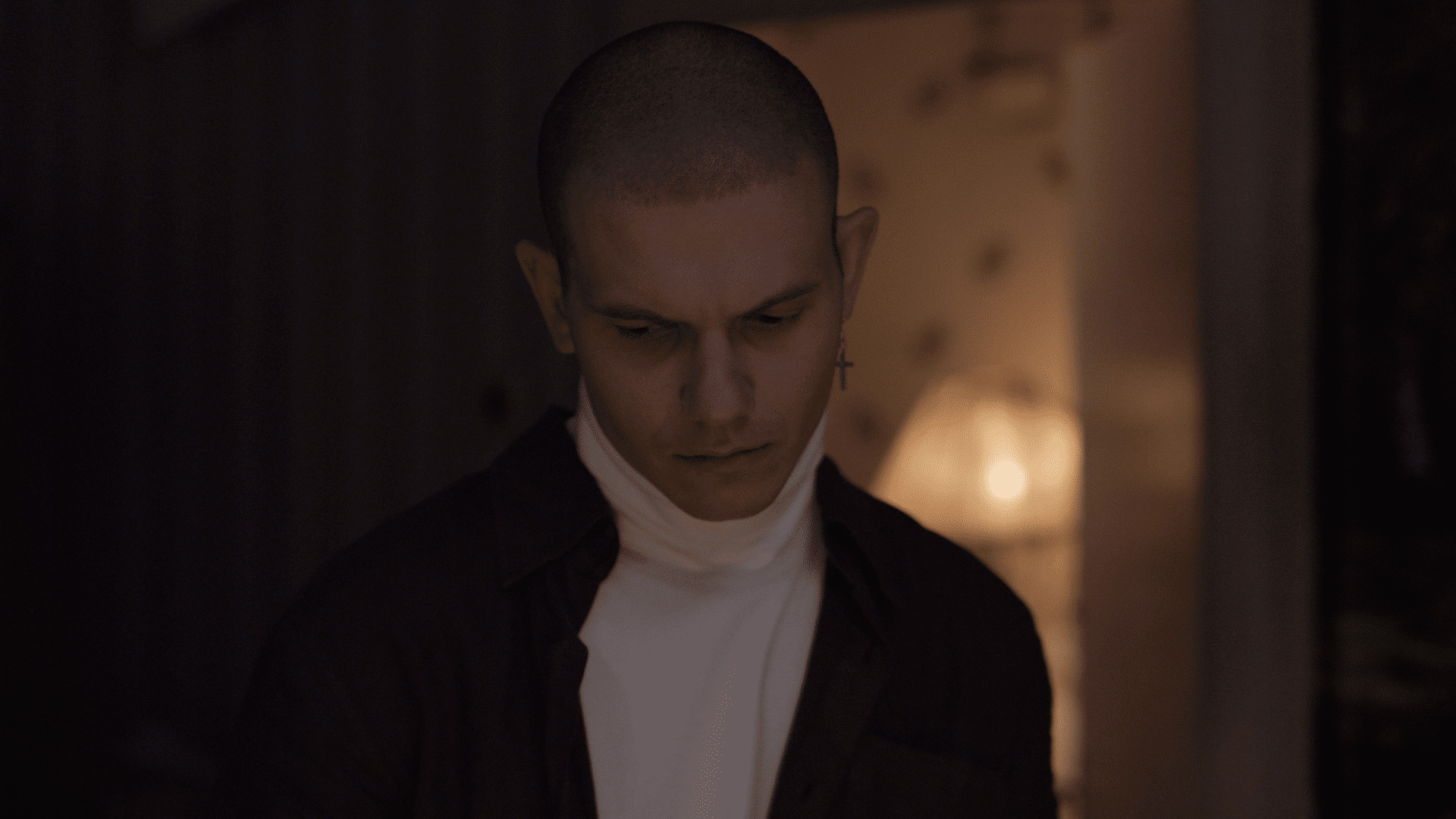
01 Set Interview to Olesya Yakovleva, director of “Slozhnopodchinennoe”
Posted at 11:18h
in Festival News
Our art director Elio Di Pace have interviewed Olesya Yakovleva, director of “Slozhnopodchinennoe” (Complex Subject), russian short film selected by Scario Short Film Fest. We thank the director for accepting the interview and answering the questions so exhaustively.
1. How did you have the idea for this short film? The context and the characters are so precise and reliable as to suggest that it is inspired by real facts.
The idea came two years before the shooting and was quite different from what you see on the screen now. I was inspired by the hero of Resurrection by Tolstoy, and it so happened that the whole story was constantly revolving around the literature, which is not surprising. Perhaps even the name Eugene is not so accidental.
I like to think that this film is somewhat international. It seems to me that this story could happen anywhere. In general, the story is fictional, but we all went to school, and we all had the same problems at that time. And Nikolay is actually a former school teacher. So his past experience gave a lot to me and my film as well.
2. What is most striking about the film is the direction of the actors, especially Nikolaj Komiagin, who is very good at bringing out the complexity of his character and the fact that there is something painful about him, which concerns his past. How did you work together on character building? Was it all written or did you also let them improvise?
I was very lucky to have my screenwriter Georgy Menshikov. This is exactly the case when I just had a thought – and he has already written it in the outline of story. But, of course, the actors themselves contributed a lot. I did not have the so-called casting, I just knew who I want to see in one or another role. I am constantly looking for those who will give more to a story than just perform it properly. Nikolay is not an actor, he is a lead singer of the «Shortparis» band, which is quite famous in Russia and abroad. I saw the recordings of his concerts and they just hypnotized me. After he was approved for the role, the story itself has changed significantly, it has become more sexual and anxious at the same time. You have correctly noticed that his character is not integral, he is broken, and this is precisely the type of the character which we are most interested in watching in movies. And that’s exactly what I always keep in mind – you need to give freedom to actors, this is the only way you can catch a real life with a camera, like with a butterfly net. I am afraid to frighten off this magic and become a prisoner of my own expectations.
3. The final frame opens to hope: do you believe in the salvific value of poetry or, more generally, of beauty?
Oh, this is probably the most difficult question for me, because this final frame is just the beginning of the story. How will the teacher react to this betrayal? Have it taught him anything? Did the student really repent? I have a lot of questions to them, and I like this feeling that I have to wonder what they are really, because I can’t know for one hundred percent! So I want to leave this right of choice to a viewer too. Maybe this, at least for me, is the real beauty of cinema and art in general. It must expose in the eyes of the beholder.
